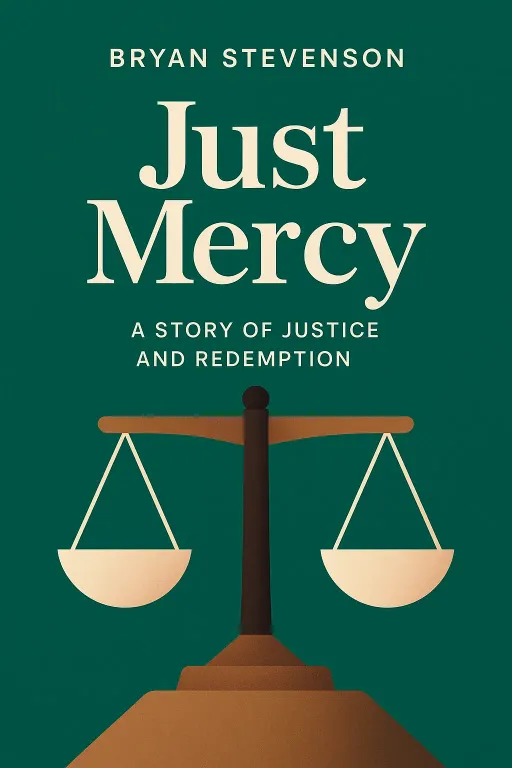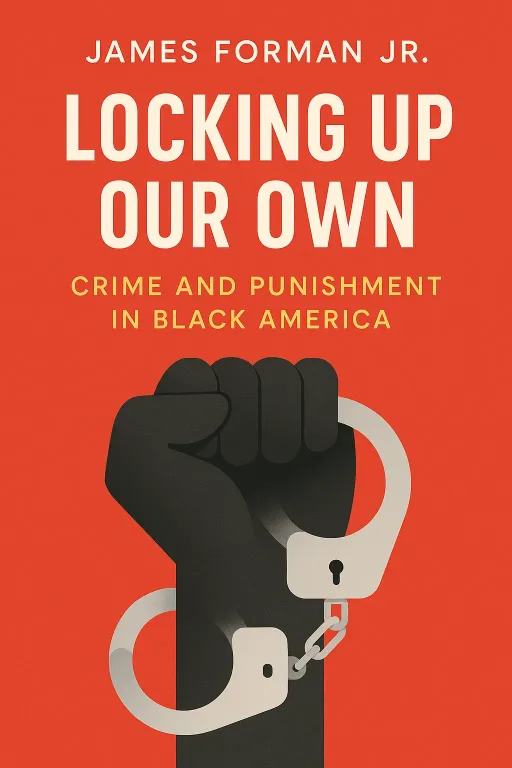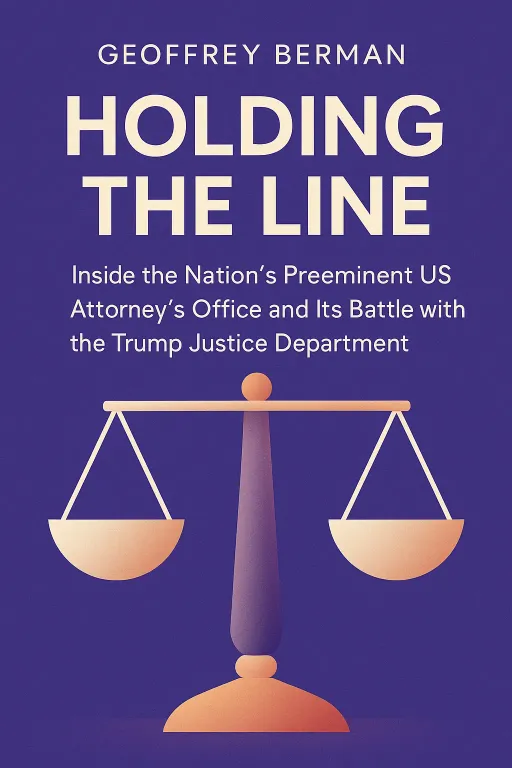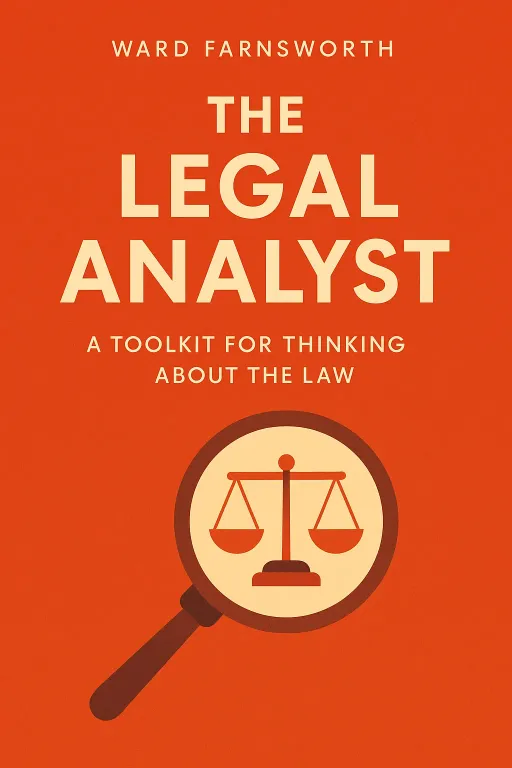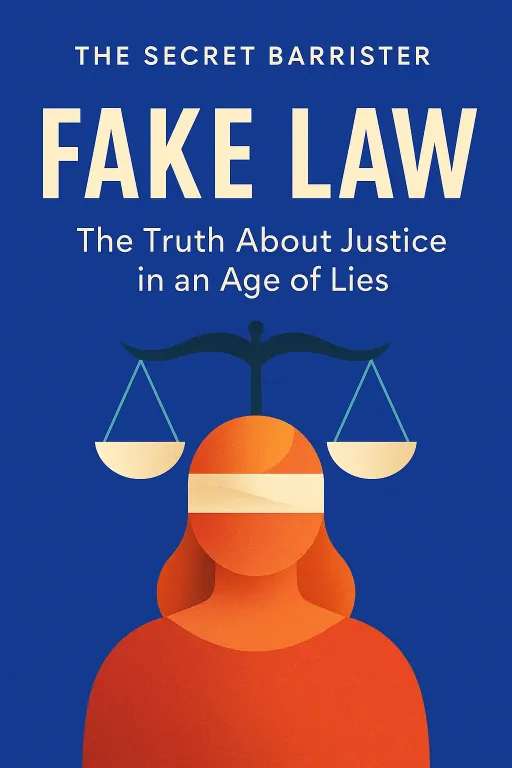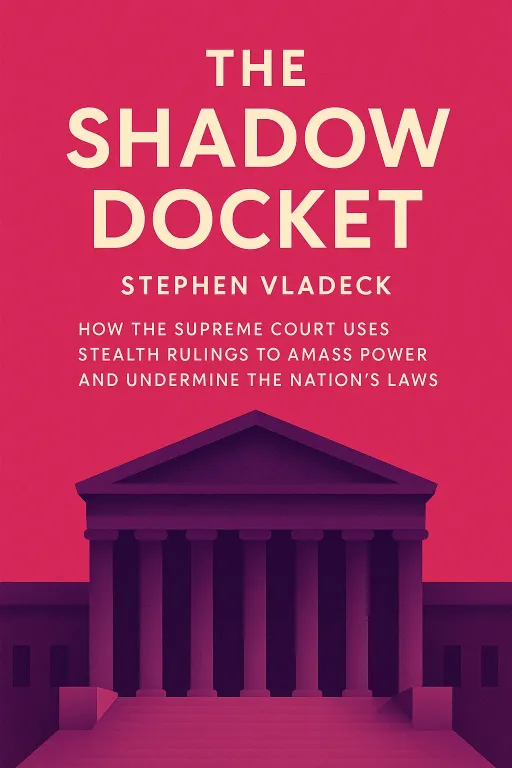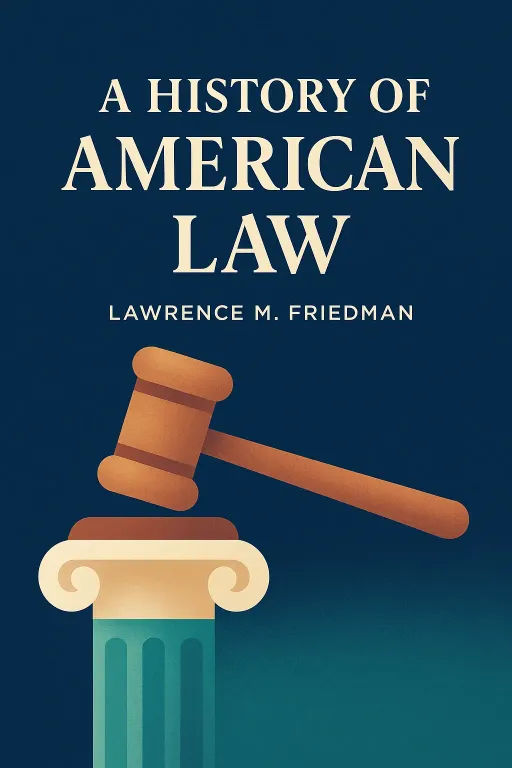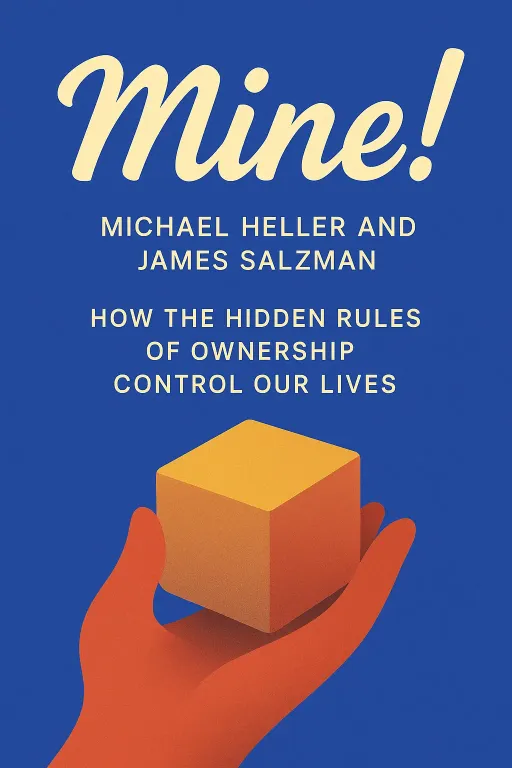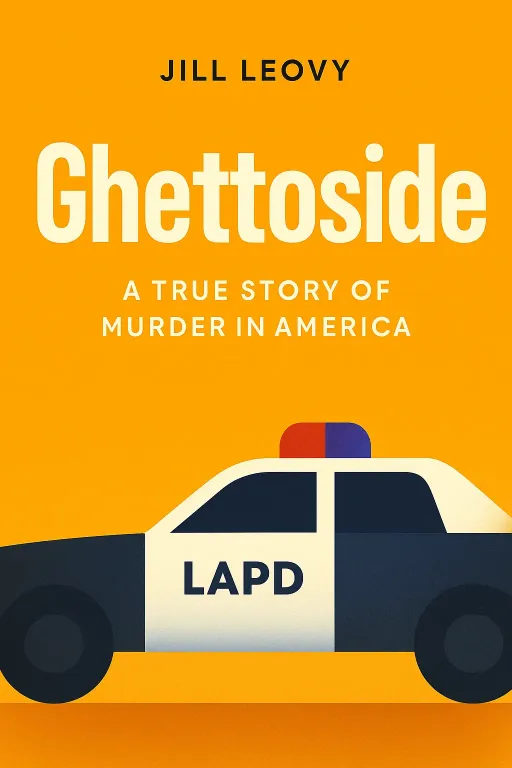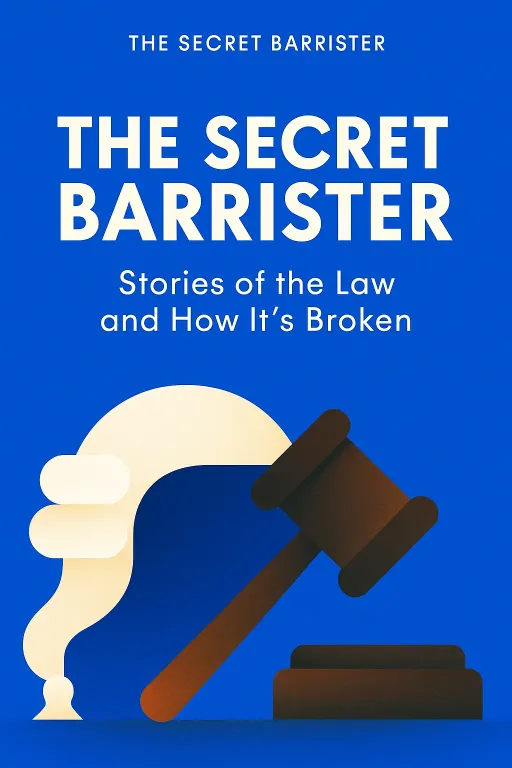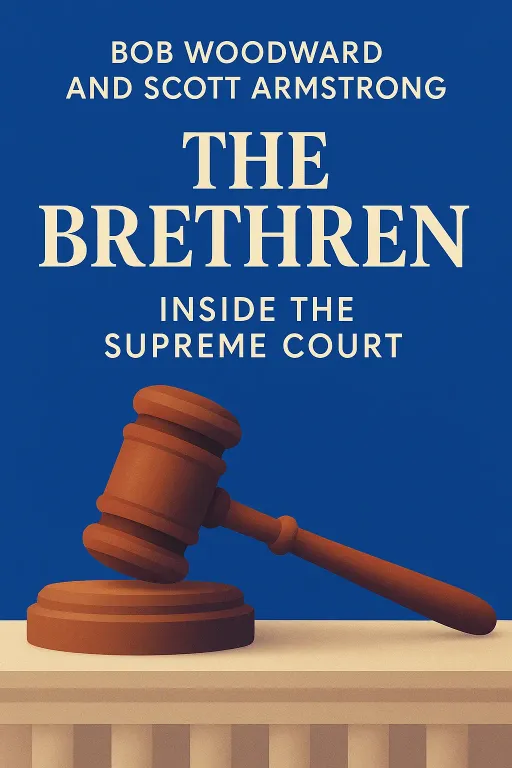
Supreme Court Drama Club
13 minGolden Hook & Introduction
SECTION
Michael: Alright Kevin, quick question. If the United States Supreme Court was a high school, what clique would it be? Kevin: Oh, that’s easy. It's the secret drama club that thinks it's the student government. They put on one big, solemn show a year where everyone has to be quiet, but the real action is all the gossip, the note-passing, and the backstabbing happening backstage. Michael: That is… a shockingly accurate description, especially according to the book we're talking about today. It pulls back the curtain on that exact dynamic. We're diving into The Brethren: Inside the Supreme Court by Bob Woodward and Scott Armstrong. Kevin: The Watergate guys! So they went from taking down a president to taking on the Supreme Court? That’s a bold move. Michael: It was a seismic move. And they did it by getting completely unprecedented access. They interviewed several justices, over a hundred former law clerks, and most controversially, they got their hands on hundreds of thousands of pages of internal documents—memos, draft opinions, private notes. Kevin: Whoa. So this isn't just a history book. It's an exposé. Michael: Exactly. It was the first time anyone had truly pierced the institution's legendary veil of secrecy, and the result was absolutely explosive. It showed that the marble palace of law was, in fact, a very human, very political place.
The Marble Palace of Secrets: Deconstructing the Supreme Court's Mystique
SECTION
Michael: The book opens at a moment of huge transition. It’s 1968, and the liberal titan, Chief Justice Earl Warren, is about to retire. He’s the man who presided over landmark cases like Brown v. Board of Education. And he is deeply, deeply worried about who is about to take power: President-elect Richard Nixon. Kevin: Why was he so scared of Nixon? Was it just political opposition? Michael: It was more visceral than that. Warren privately told his clerks he thought Nixon's presidency would be a "catastrophe." Nixon had spent his entire campaign attacking the Warren Court, promising to appoint "strict constructionists" to roll back its decisions. The whole idea of an impartial court was being thrown into a political blender. Kevin: It’s fascinating that a Chief Justice would be that openly political, even in private. We tend to imagine them as being above all that. Michael: And that’s the central myth the book dismantles. The justices are intensely political. To illustrate this, Warren tells his clerks a fantastic story about his own appointment. President Eisenhower, a Republican, appointed Warren, a fellow Republican, expecting a moderate, middle-of-the-road justice. Kevin: And that’s not what he got, right? The Warren Court became famous for its liberal, activist decisions. Michael: Not even close. The Warren Court expanded civil rights, civil liberties, and judicial power in ways that stunned conservatives. Years later, when someone asked Eisenhower if he’d made any mistakes as president, he had a very famous answer. He said, "Yes, two, and they are both sitting on the Supreme Court." He was referring to Earl Warren and William Brennan. Kevin: A president admitting one of his biggest mistakes was a Supreme Court pick? That’s incredible. Michael: Warren loved telling that story. He’d say Eisenhower called the appointment "the biggest damned-fool mistake I ever made." For Warren, it was a perfect lesson: you can never predict what a justice will do once they have that lifetime appointment. They are free agents. And he was terrified of the kind of free agents Nixon would unleash on the country. Kevin: So the stage is set. The old guard is leaving, filled with dread. The new political power is coming in, promising a revolution. It feels less like a court and more like the prelude to a royal succession crisis. Michael: That's the perfect way to put it. And into this tense, politically charged environment steps the new king.
The New Sheriff in Town: Chief Justice Burger's Quest for Control
SECTION
Kevin: Okay, so who does Nixon pick to replace the legendary Earl Warren? Michael: He picks a man named Warren Burger. A federal appeals court judge known for his "law and order" stance and his magnificent silver hair. And from the moment he steps into the Supreme Court building, it becomes clear he has a very different set of priorities. Kevin: What do you mean? What’s his first move? Michael: The book details this incredible scene. It's July 1969, the other justices are away for the summer, and Burger takes his new clerks on a tour of the building. But it’s not a tour of reverence. It’s an inspection. He’s immediately dissatisfied. He gets to his own chambers, which are quite grand, and he complains they’re too small. He famously asks, "How can I entertain heads of state?" Kevin: Wait, hold on. His first concern is entertaining dignitaries? Not, you know, the massive backlog of cases or the future of American law? Michael: That's what his clerks thought. He then goes into the Justice's private conference room—this sacred space where they debate cases—and he announces his plan to turn it into his own personal ceremonial office and private dining room. He wants to move the conference to a smaller, less significant room. Kevin: That sounds like a massive power play. Just walking in and redesigning the place to center himself. Michael: It was. He also wanted to change the iconic courtroom itself. He complained about the acoustics and suggested curving the famous straight bench where the justices sit and installing microphones. He went through the whole building like a new CEO inspecting a poorly run factory, pointing out bad lighting, inefficient phone systems, and wasted office space. Kevin: This is wild. It paints a picture of a man obsessed with the appearance of power, with the administrative details, more than the substance. Michael: And that obsession with control extended to information. One of the most revealing stories is about a memo he had his senior clerk issue. It was a confidentiality memo for his own clerks. Kevin: I guess that makes sense. It’s the Supreme Court. Everything is confidential. Michael: But this memo went further. It didn't just tell them not to leak. It forbade them from discussing their work with clerks from other chambers. It effectively tried to shut down the informal network of brilliant young lawyers who, for decades, had debated ideas and helped shape the Court's work. And then there was the kicker. Kevin: There’s more? Michael: Oh yes. The memo included this line: "Any matters of a confidential nature which tend to place the Chief Justice in an unfavorable light should not be revealed to other Law Clerks." Kevin: Come on. That’s not about protecting the Court; that’s about protecting his own image. It’s like a corporate non-disclosure agreement designed to manage his personal brand. Michael: That’s exactly how the clerks saw it. And this is the portrayal that made The Brethren so polarizing. The book paints Burger as this pompous, insecure, and intellectually mediocre figure. His defenders, and even some neutral observers, argued this was a journalistic hit job, taking every anecdote and spinning it in the most negative light possible. Justice Brennan, one of the liberal lions, privately called the book a "goddamn shit sheet." Kevin: So we have to take it with a grain of salt. But the stories are so specific. It’s hard to ignore the pattern. He seems more like a manager than a jurist. Michael: That was his focus. He even changed how the Court handled petitions from poor prisoners, the ones who can't afford a lawyer. These are called in forma pauperis petitions, or I.F.P.s. Under Warren, the clerks were instructed to act as counsel for these petitioners, to find the best legal arguments for them. Burger changed that. He told his clerks to only summarize the arguments the prisoners themselves made, which were often poorly written and legally weak. Kevin: Wow. That’s a devastating change. He effectively kneecapped the Court's role as the last resort for the most vulnerable people. Michael: His clerks certainly thought so. But in Burger's mind, it was about efficiency. He saw most of these petitions as a waste of time. So you have this picture of a new Chief Justice obsessed with remodeling, controlling information, and streamlining processes. But while he was, as you said, focused on the interior design, a monumental legal firestorm was heading directly for the Court.
The Ghost of 'All Deliberate Speed': The High-Stakes Showdown Over Desegregation
SECTION
Michael: The biggest issue looming over the Court in 1969 was school desegregation. It had been fifteen years since Brown v. Board of Education declared segregation unconstitutional. But progress was incredibly slow, especially in the Deep South. Kevin: And that was because of that one phrase from the follow-up ruling, right? Michael: Exactly. Brown II, the 1955 implementation decision, ordered desegregation to proceed "with all deliberate speed." And for fifteen years, segregationist school districts had put all their emphasis on "deliberate" and none on "speed." They used it as a license for endless delays. Kevin: That must have been infuriating for the justices who were on the Court for the original decision. Michael: It was a source of profound regret, especially for Justice Hugo Black. He was one of an ever-dwindling number of justices who had been on the Warren Court. He was in his eighties, his health was failing, but he was animated by a fierce moral urgency on this issue. He would often tell his clerks, "I never should have let Felix get that into the opinion," referring to Justice Felix Frankfurter, who had pushed for the "all deliberate speed" language. Kevin: You can just feel the weight of that history on him. He feels responsible for the delay. Michael: Completely. And in the fall of 1969, a case lands on their doorstep that brings it all to a head. It's called Alexander v. Holmes County Board of Education. The Nixon administration, in a shocking move, had sided with Mississippi school districts to ask for yet another delay in desegregation. The case was simple: was "all deliberate speed" still the standard, or was the time for deliberation finally over? Kevin: This is the ultimate test for the new Burger Court. Does it hold the line of the Warren Court, or does it buckle under pressure from the new administration? Michael: Precisely. The case is argued, and the justices meet in their secret conference to debate it. And this is where the human drama explodes. Burger, the new Chief, tries to be managerial. He suggests they should take a strong stand against delay, but also be practical and give the lower courts time to work things out. Kevin: He wants a plan. Michael: He wants a plan. But Justice Black has had enough of plans. He speaks with raw fury. He says the time for plans is over. The time for excuses is over. The obligation is to desegregate now. Immediately. And then he issues an ultimatum. He looks around the table at his eight colleagues and says that if the Court’s final order contains the word "plan," he will write a blistering dissent. He says, "If anybody writes, I dissent." Kevin: Whoa. What does that mean in this context? A dissent seems normal. Michael: It would have been catastrophic. Since Brown v. Board, every single major desegregation decision from the Supreme Court had been unanimous. This was a deliberate strategy to show the country that the Court was absolutely united on this fundamental issue. A public split, with a legend like Hugo Black dissenting, would have been a signal to the South that the Court was divided and weak. It would have invited even more resistance. Kevin: So Black is basically holding a grenade and threatening to pull the pin on the Court's own credibility to force their hand. Michael: That's it. He's putting Burger's leadership, and the Court's entire legacy on civil rights, to the ultimate test in his very first term. The book leaves us right there, with the Court on the brink of a historic, self-inflicted wound.
Synthesis & Takeaways
SECTION
Michael: And that’s where the genius of The Brethren really shines. It shows you that these huge, abstract legal questions are not decided in a vacuum. They are the direct result of these intensely personal, human dramas. Kevin: Right, the outcome of desegregation for millions of kids rested on this collision of two personalities. You have Burger, the new manager, who wants order, process, and control. And you have Black, the old warrior, driven by a lifetime of regret and a final, desperate need for moral clarity. Michael: Exactly. The book argues that you cannot understand American law without understanding the people who make it. Their ambitions, their insecurities, their friendships, their rivalries—it's all baked into the final product that we call a Supreme Court opinion. The law isn't just handed down from a marble temple; it's forged in the fire of human conflict. Kevin: It really demystifies the whole process. The book's real takeaway seems to be that we can't separate the law from the people. Their egos and their principles are all tangled up together. Michael: It's a powerful and, for many, a deeply unsettling idea. The book was so controversial because it replaced the comforting myth of nine impartial demigods with the messy reality of nine powerful, fallible politicians in robes. Kevin: That leaves me with a really big question. Does knowing all this backstage drama, all the gossip and the power plays, make you trust the Court more, or less? Michael: That is the question, isn't it? On one hand, it can feel cynical. On the other, maybe seeing the humanity in the process makes it more understandable, more real. We’d love to know what our listeners think. Does pulling back the curtain strengthen or weaken our great institutions? Let us know your thoughts. Kevin: It’s a lot to think about. What a fascinating look inside a world we're never supposed to see. Michael: This is Aibrary, signing off.
